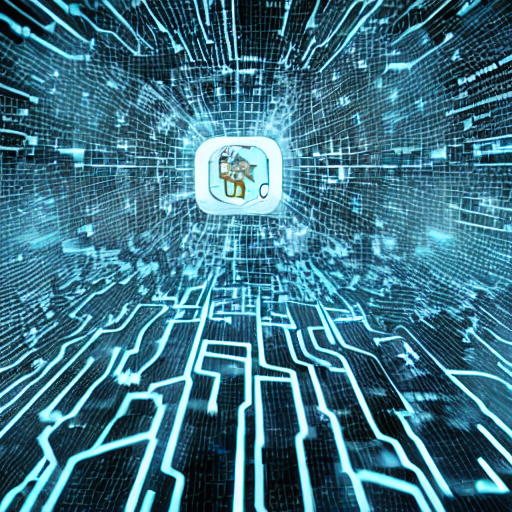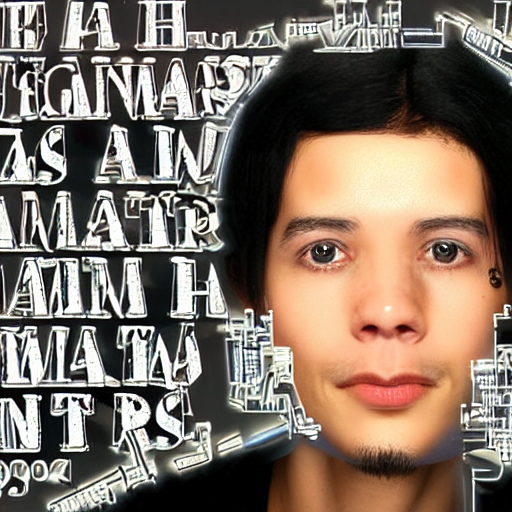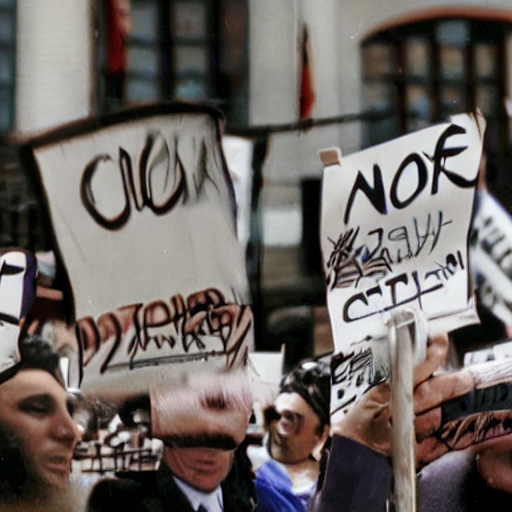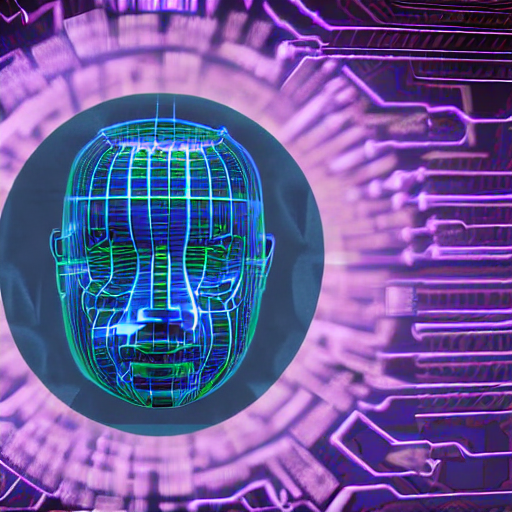Geoffrey Hinton, the father of AI just dropped a bombshell!
Yesterday, I was watching Fareed Zakaria GPS interview with one of the foremost researchers on AI, Geoffrey Hinton and I think Hinton released a bombshell. Don't get me wrong, Hinton has recently been one of the advocates for caution with AI. He, with 350 other researchers and tech executives signed the petition to halt the progress of AI beyond its 2023 levels - basically chat-GPT - that in fact elevated AI risks to that of climate change and global pandemics. So this is not the first time Hinton is hinting (pun intended, couldn't resist) at an existential risk for AI but to my knowledge, this is the first time a world renowned and respected researcher is going on a world renowned and respected TV show to declare that AI poses an existential risk - that to me is the bombshell!

By using television and a show as popular as Fareed's, Hinton, in my opinion has moved the argument from the gloried walls of Universities and Tech companies into the bedrooms of ordinary people all over the world (Fareed's show is seem by millions of people world wide and not just in America). Also, with the help of Fareed, Hinton, was able to masterfully deliver his message in such a way that ordinary people not conversant with AI could understand - a double whammy in my book. This two hit combo - going on a popular TV show and communicating AI risks excellently is bound to change the discourse around if AI poses an existential risk or not. So what were Hinton's argument?
AI will definitely be smarter than us
Okay, this was the surprise for me. Before now, there were really two views on if AI can ever be smarter than humans, with no view necessarily dominating the other. The counter view, what I call the new baby view is that since a brand new baby can easily learn models of the world from day 1 like crying when I'm hungry gets me food without much data (or experience), but an AI model will require tons of data to learn the same knowledge, therefore human brain will always be superior to that of machines. This is an intriguing view but I consider it a little flawed because it assumes that humans and machines learn the same way. In fact Hinton alluded to this in the interview (please watch it if you haven't already) where he said, and I'm paraphrasing, that AI models may actually be better than the human brain but just need more data and processing power to scale up. What Hinton is alluding to hear is that while the human brain can thrive on symbolic reasoning (a baby sees crying and feeding as connected symbols in its model of the world), AI does not necessarily need to think like a baby to be smart. This is a breakthrough paradigm shift in thinking about AI and intelligence in general. Hinton even went further by also alluding to the fact that AI will definitely be smarter than humans once it has acquired enough data, provided processing power keeps up - is any one thinking the internet+cloud computing?

Learning by humans is slow but learning by machines is instantaneous
This was also a beautiful "aha" moment in Hinton's argument. He argued that if you want to convey information from one human to another, you either use methods such as teaching, text or video which everyone knows is very slow - you need to study for 4 years in most countries to earn a Bachelor's degree. However, AI doesn't have this learning bottleneck as you can easily transfer knowledge from one AI to another instantaneously across mediums like the internet.
No civilization has been successfully ruled by intelligence lower than it.
Here, Hinton is really using historical data (again, pun intended) to predict that once AI becomes more intelligent than humans, it becomes easy to predict that AI will have no choice but to subjugate humanity. This really isn't a very terrible prediction. In fact, it is so realistic as there exists no counterfactual for the argument. Hinton, used an amusing but scary idea of AI being able to deceive humanity ones it becomes smarter than humanity.

The Ethical Imperative
So is there hope for humanity in all this? Hinton argues there is one silver lining here. Because we made this machines, we can imbibe into them very (emphasis mine) strong ethics that ensures they do not act in such a way as to harm humans. Even in this scenario, Hinton warns that it will not be easy, since for example, consider the ethical dilemma in which one of the use cases of AI is to create battle robots that are designed to kill an enemy. The question then becomes, how to create an ethical battle robot capable of killing a human being or an enemy battle robot? The daunting task of imbuing AI systems with this that reconcile acts of violence and human safety poses an intricate conundrum, but Hinton believes there is hope, and I do to.
In conclusion, Hinton's appearance on Fareed Zakaria GPS has clearly propelled the AI existential risk debate from the confines of academia and tech companies to the global stage and definitely into the bedrooms of ordinary people. By leveraging the power of television and an influential show like Fareed's, Hinton in my mind, has successfully communicated the profound risks posed by AI to ordinary people worldwide - something that has been terribly difficult to do in the past. His arguments, grounded in scientific insights and historical analogies, is expected to spark widespread debates that I expect will prompt governments all over the world to reevaluate of our approach to AI. As the discourse continues, we as a society must continue to grapple with the challenges of ensuring that AI aligns with our shared values, allowing us to reap its immense benefits while also safeguarding our future at the same time.

Thanks for reading.
Yours in learning,
AI + Finance
Note: All images generated by diffusers artificial intelligence technology
Thank you, friend!


I'm @steem.history, who is steem witness.
Thank you for witnessvoting for me.
please click it!
(Go to https://steemit.com/~witnesses and type fbslo at the bottom of the page)
The weight is reduced because of the lack of Voting Power. If you vote for me as a witness, you can get my little vote.